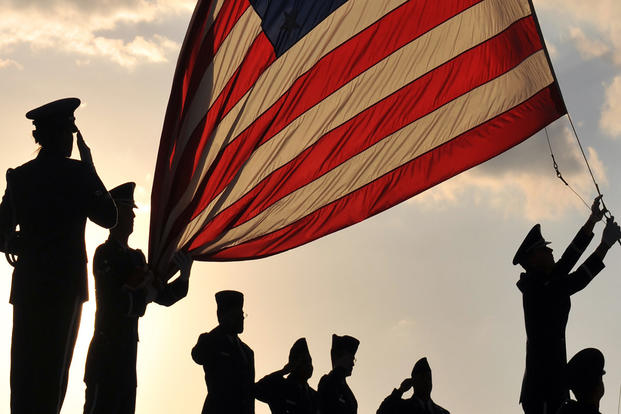It's that time of year when employers recap the year's successes and struggles, set a clear vision for the new year and (hopefully) look to recognize their teams' hard work and commitment. When employing military veterans, many employers struggle to find appropriate and meaningful ways to show appreciation and recognize these employees' contribution to the company.
As you look to reward and acknowledge your military employees, remember:
1. Recognition is uncomfortable for many former military service members.
During their time in uniform, self-promotion and praise are frowned upon. "Service before self" trained them to pass credit to those they serve alongside. Understand this before you acknowledge them publicly.
2. Their career is unique.
During their time in the military, the stresses, duties, risks and rewards they encountered were not anything like a civilian will experience in their professional workday. Given this, be sensitive to recognizing them for work or accomplishments you deem significant, which they might see as insignificant to their talent and potential.
3. If you aren't a veteran, you might not know what's important to them.
Unless you have served in uniform or are close with someone who has, it is impossible to envision the work of a military veteran. Instead of guessing what it was like, consult with members of your Veteran Resource Group who can point to areas to avoid and opportunities to grow the employee's value in the company.
Here are some suggestions for showing thanks to those members of your team who have served their country -- and your company:
1. Include their family at any events.
Does your company host a holiday party? Invite your veteran employee's spouse to engage them with the work their partner is doing and the people they spend time with.
2. Offer specialized coaching or mentoring.
Perhaps your company offers informal or formal mentoring or coaching to all employees. Here is an opportunity to develop a unique track for the military veteran working in the civilian sector. You will soon find their needs, goals and what they offer are unique and can be leveraged greatly when cultivated.
3. Spend time with a senior leader.
Could your senior executives offer to take a veteran employee to lunch for individual "facetime"? This would be a great opportunity for your veteran employees to develop a rapport with members of the executive team. And your executives would likely benefit from learning more about their employee's military service.
4. Volunteer or donate to veteran causes.
Veterans take care of each other because the sense of family learned in the military stays with them long after they take off the uniform. By supporting a veteran charity or initiative, your company can say "thank you" for more than just the service of that one employee.
5. Give them a platform to share their experience.
One company I know recently held a private showing of a military-based documentary and asked several of their veteran employees to participate in a town hall-style discussion afterward. The veterans were proud to share their own experiences and give perspective on the movie to their colleagues.
Recognizing any employee for their contribution and work requires attention to their unique needs. Nowhere is this more important than when showing appreciation for those who've served our country.
Find the Right Veteran Job
Whether you want to polish your resume, find veteran job fairs in your area or connect with employers looking to hire veterans, Military.com can help. Subscribe to Military.com to have job postings, guides and advice, and more delivered directly to your inbox.














